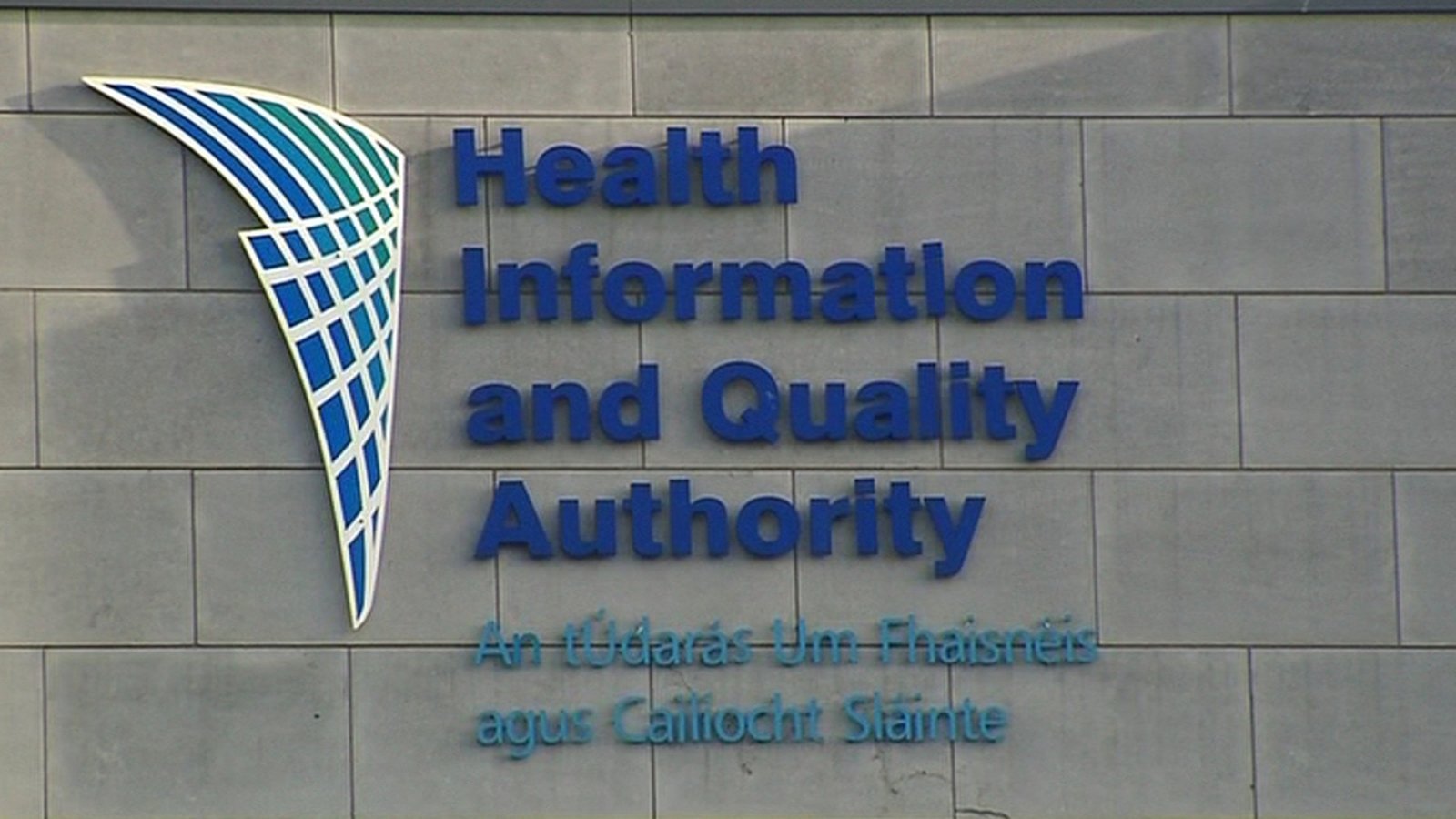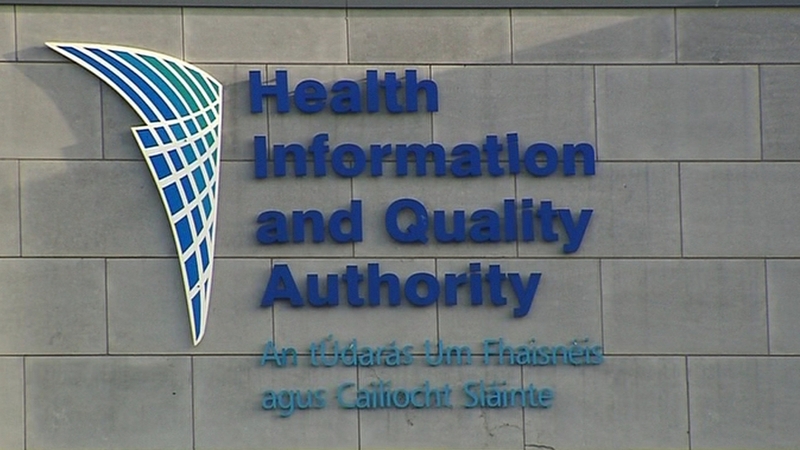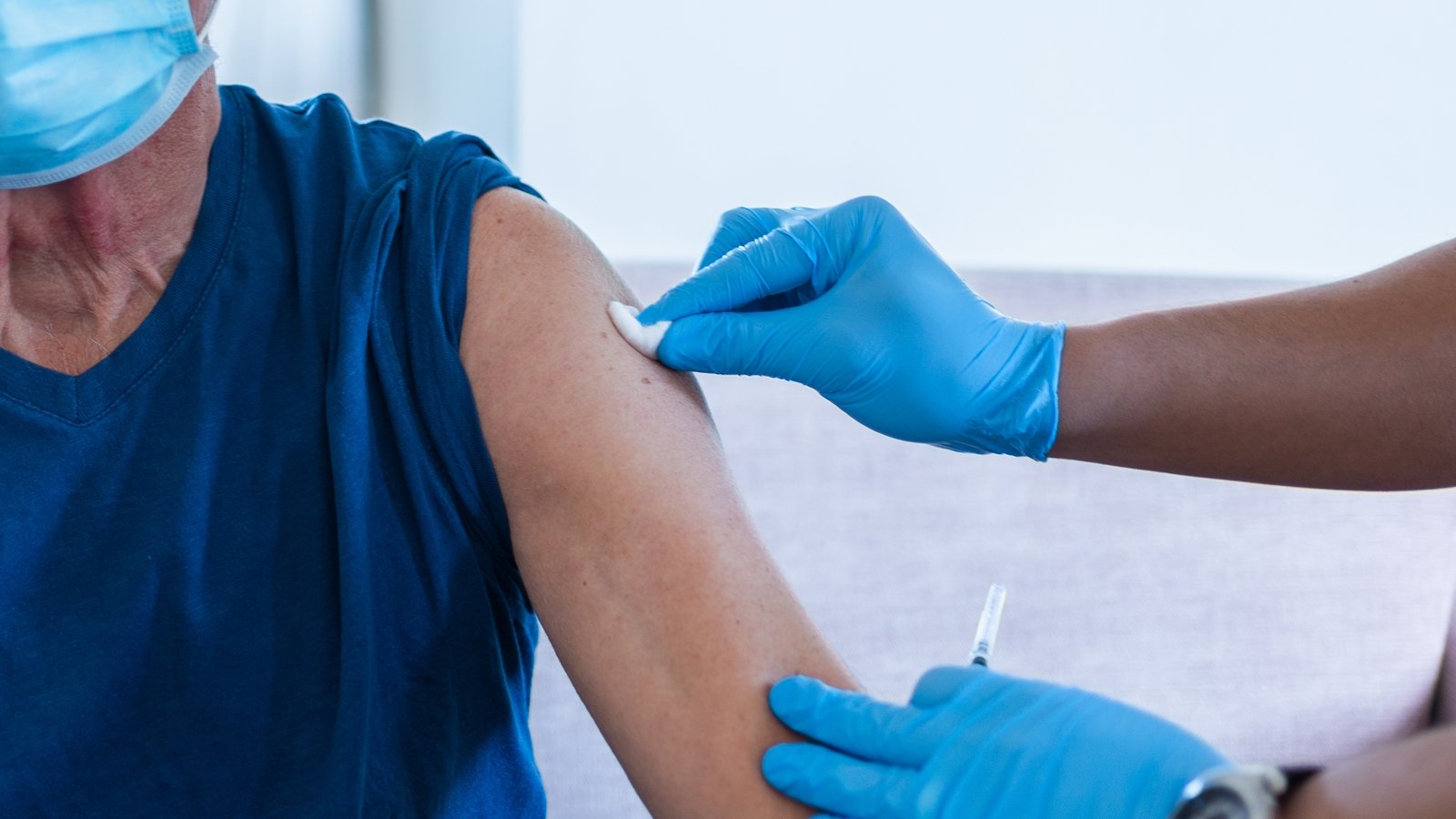IP applicants with status unable to exit centres


Recent inspections of IPAS centres by the Health Information and Quality Authority (HIQA) found that some residents with refugee or subsidiary protection status have remained in Direct Provision due to a lack of alternative accommodation.
At one centre, the majority of residents had received status, but were unable to avail of more appropriate accommodation.
In January, HIQA assumed the function of monitoring and inspecting permanent International Protection Accommodation Service (IPAS) centres against national standards.
It published its first four inspection reports last month. A further eight reports have been published today.
An inspection of the Hibernian Centre in Co Laois found that 75% of those accommodated had received refugee or subsidiary protection status.
At the time of the inspection three months ago, there were 40 residents from seven different countries living in the accommodation, including 19 children.
The provider assured HIQA that senior staff would create a written exit-document for residents who have been granted a form of status, to help them in transition to life outside the service.
Of the eight inspection reports published today, the Hibernian Hotel was found to have the highest level of non-compliance with standards.
While the building’s physical structure was in good condition, residents expressed dissatisfaction with the lack of proper investigation and management of disputes.
Inspectors found there was no system in place for “meaningful consultation” with the residents about the running of the service or their experiences of it.
There was no garda vetting, and no international police checks for some staff members who had lived abroad for periods of more than six months.
The provider assured HIQA that the number of staff with garda vetting declarations on file had increased since the inspection, and appraisals would be carried out by early June.
At Atlantic House in Waterford, inspectors discovered that the shop at the IPAS Centre had increased the price of goods by up to 50%.
This led HIQA to request a comprehensive review of the weekly points system allowance used by residents in exchange for food and non-food items.
Inspectors found that some of the products in the shop were “quite expensive”, given the number of points residents received.
A review of products found, for example, that four rolls of toilet paper cost €3.90 (with one point equivalent to €1), marmalade cost €4, and a can of tomatoes cost €1.50.
This was in part due to the brands of items stocked, but it was also a consequence of a financial mark-up on products according to the report.
A small bottle of honey was priced at €4.90 which inspectors noted included an approximate 34% mark-up.
Similarly, the cost of bottles of water for residents was more than 50% of what they were purchased for.
The overall impact was that residents could not afford to buy enough food items with the points allocated to them to provide a reasonably substantive diet, according to HIQA.
‘Out of our control’
This was found to be particularly difficult for those who had recently arrived and relied solely on the points available to them, as well as those who had medical conditions that were managed in part by diet.
Additionally, as residents were required to use these points to purchase non-food items such as cleaning supplies and personal toiletries, many of them told inspectors they often had to forgo one for the other.
A sample of residents’ receipts found they would rarely have sufficient points to buy meat, usually once per week, and in some cases, once per fortnight.
HIQA called for a full review of the system to ensure residents in the centre could afford necessities, and were not disadvantaged by the self-catering nature of the service.
While the provider said it would undertake a review of the shop, it pointed out that a substantial part of this “is out of our control”.
It said the current 45 points per single adult set seven years ago “may no longer be sufficient given the rates of inflation in the intervening years”.
It added that it was open to moving to a voucher system, where residents can access all their shopping in the local supermarkets if it could get Departmental approval.
At the Glenvera Hotel, which is an IPAS Centre in Cork accommodating 110 males, security measures were found to be insufficient.
While residents had access to private spaces which were not monitored by CCTV, the inspection report said improvements were required to ensure that the use of CCTV in the centre was “effective”.
For example, the inspectors found that non-residents previously had access to a resident’s bedroom where there were concerns regarding allegations of illegal drug activity.
While the CCTV footage was used to follow up on these concerns, the centre staff were not aware until they were informed by residents according to the report.
The provider said a staffing review would mitigate any security risks in relation to maintaining visiting hours and arrangements in the centre.
One of the country’s longest established Direct Provision Centres, Millstreet Accommodation Service in Cork, was inspected in February.
The centre was developed to provide support to international protection applicants in the 1990s and at the time of the inspection three months ago, there were 288 residents.
Inspectors met with 31 adult residents and 26 children who, in the main, said they were happy with the facilities and the accommodation.
Like residents at the Hibernian Hotel in Laois, inspectors found that some of those at Millstreet had received refugee or subsidiary protection status, and notice to seek private accommodation outside.
However, due to the lack of alternative accommodation available “this was not always possible”.
Three staff at Millstreet required updated garda vetting, and international police checks were required for 26 staff members who had resided outside of Ireland for a period of six months or more.
Employment references were not on file for any staff member and all staff members’ files reviewed were without job descriptions.
In response, the provider told HIQA that as of 25 March, all re-vetting was up-to-date and it expressed hope that the International Police Checks would be completed by the end of April.
Similarly, a review of staff files at Johnston Marina in Co Kerry found that the service provider had not ensured that garda vetting had been updated every three years for staff members.
Police checks were also not available for staff members who had lived in other countries for six months or longer.
In addition, the service provider had failed to ensure that garda vetting had been completed for some support workers providing services in the centre.
The provider said garda vetting and overseas checks for all staff were completed by April and held on file.
When it came to staff at Johnston Marina, HIQA said it was evident that they were motivated to provide a good quality service.
Residents also spoke positively about the staff team.
Globe House in Co Sligo was accommodating 163 residents at the time of inspection in February.
Overall, residents said they felt safe, content and heard.
Inspectors found that there was an organisational structure in place and managers were clear about their roles and areas of responsibility.
One of the smaller centres Emmet Lodge in Co Dublin, was also inspected.
At the time, it was accommodating 11 men from six countries.
‘Positive community integration’
The residents described staff as approachable and helpful and said they felt comfortable raising any concerns.
Despite limited storage in some rooms and an under-developed complaints procedure, HIQA said the staff team, managers and service provider demonstrated “a commitment to delivering a service which was of a high standard, and which adapted a human rights and person-centred approach”.
At a centre in Baltinglass, Co Wicklow, inspectors said improvements were required in relation to the governance and management of the service, including risk management.
However, it said the service accommodating 68 people, including 40 children in family units was led by a qualified, experienced and competent staff team who ensured residents received a good standard of care and support.
Inspectors found that the service had “worked hard” to support the residents to integrate and develop a sense of belonging within the community.
The residents were invited to lead the St Patrick’s Day parade in the town, which “demonstrated the impact of this positive community integration”.
Visitors were welcomed to the centre, and the residents’ right to privacy was promoted, as they met with their family and friends in their own apartment.
A meeting room was also available if they preferred to meet with a visitor in a neutral location.
Residents who engaged in the inspection said they were happy living in the centre and spoke highly of the kindness, support and assistance they received from the staff team.





